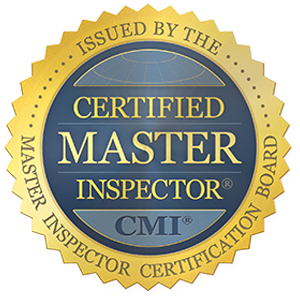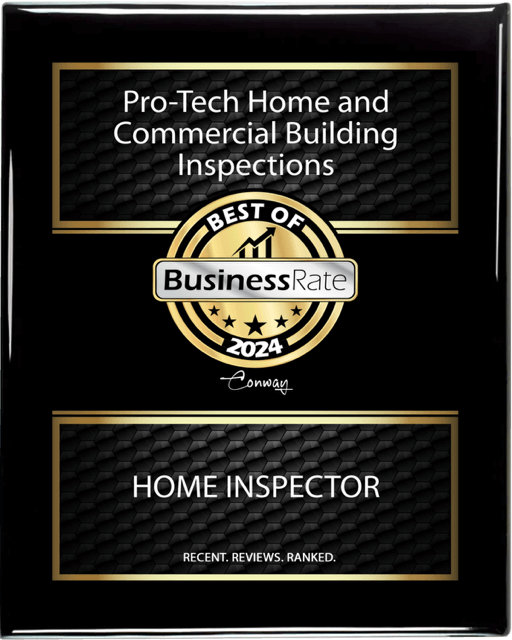The purpose of an infrared scan is to find hidden issues and catch them before they become a major problem. Thermal imaging is an advanced & newer technology that inspectors use to get temperature details about a home and assess how protected against environmental elements the home is. With the use of our infrared camera, we can help identify moisture, insulation, electrical, HVAC concerns, and more.
What Thermal Imaging Is & Used For:
Infrared technology is changing home inspections dramatically and protecting homeowners – or soon-to-be homeowners – from costly issues. Infrared technology is used to scan a home & see the various temperatures that occur within its inner workings.
A thermal camera is used to capture temperature images of a home’s surfaces, which are otherwise invisible to the naked eye. Thermal scans are a non-disruptive method of scanning a surface to find potential problems like heat escaping through cracks & crevices, frigid incoming air, or moisture that may be leaking inside.
We at Pro-Tech Home and Commercial Building Inspections are certified thermal inspectors. When we scan your home, we’re trained to know what each area’s average temperature should be. When a temperature deviates too drastically — too high or too low — we’re able to catch and identify it before it gets worse.
The temperatures captured by the camera are measured and calculated. The results give the homeowners or buyers a clear picture of the home and how that relates to its condition or overall efficiency.
Why Do I Need a Thermal Imaging Inspection?
Thermal imagery provides an immediate look at your home’s condition, without having to tear anything apart to see inside the walls.
Thermal Inspections Can Reveal:
- The placement of studs and rafters that might not be up to code.
- Water penetration into roofs and ceiling surfaces.
- Moisture build-up in building materials.
- Detection of missing or insufficient insulation.
- Electrical issues at points like breaker boxes, outlets, and switches.
- Plumbing & piping and their proper/improper installation.
- Impact on energy efficiency.
- Pests and infestations.



